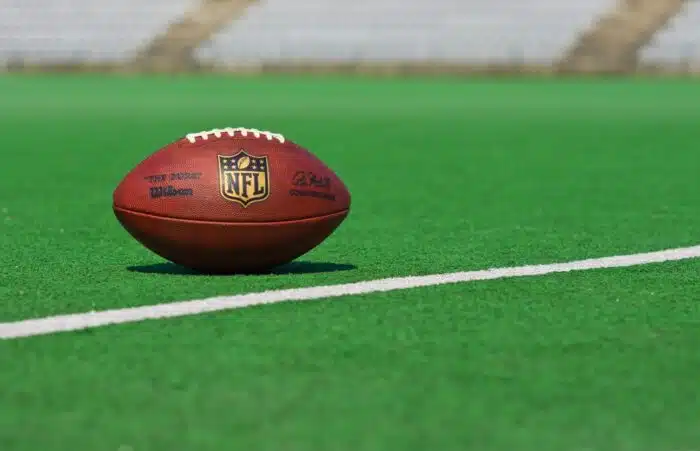
NFL Merchandise Monopoly Class Action Lawsuit Overview:
- Who: Dean Santos, Lesia Dunn and Kimberly Ann Marckmann filed a class action lawsuit against the National Football League and its 32 teams.
- Why: The plaintiffs claim the NFL has used its marketing power to stop competing retailers from being able to sell NFL merchandise.
- Where: The lawsuit was filed in California federal court.
The National Football League has used its marketing power to push out competing retailers attempting to sell its merchandise, a new class action lawsuit alleges.
Plaintiffs Dean Santos, Lesia Dunn and Kimberly Ann Marckmann claim the NFL has monopolized the market for merchandising bearing the logo of its teams, forcing consumers to pay higher prices. They say that, since the NFL owns the intellectual property rights for its 32 teams, it has effectively eliminated teams’ ability to compete by licensing out its trademarks.
“In a competitive market, each team would compete to sell NFL licensed products to the greatest number of fans — not only to realize profit but as a self-serving marketing tool; fans wearing NFL license products are walking billboards,” the class action lawsuit states.
Santos, Dunn and Marckmann claim teams should be able to license out their trademarks to other manufacturers and retailers and that, further, the NFL has used its marketing power to effectively “boycott” other retailers.
“This boycott eliminated defendants’ competitors who would have charged lower prices for NFL licensed products sold online,” the class action lawsuit states. “In so doing, the boycott removed the downward pressure on prices and margins that, absent the conspiracy, would have otherwise flowed directly from enhanced competition.”
Retailers who sold products licensed by the NFL through third-party marketplaces, such as Amazon, were thus effectively boycotted by the league, according to the lawsuit.
NFL Invests Around $95 Million In Fanatics In 2017
Santos, Dunn, and Marckmann claim that, after investing around $95 million in online retailer Fanatics in 2017, the NFL began threatening to withhold licensing its fan gear to distributors who provided merchandise to other Amazon retailers.
Further, the plaintiffs claim the NFL also at that time began to enforce an online distribution policy created in 2015 that required league approval to be obtained before a licensed distributor could supply non-licensed retailers selling on Amazon. They claim this has caused prices to steadily increase continuing to this day.
“Before 2016, online retail prices for NFL licensed products were trending steadily downward,” the class action lawsuit states. “Since 2017, however, prices have reversed course and have increased each year as defendants’ anticompetitive conduct has allowed them to charge consumers ever higher supracompetitive prices.”
Santos, Dunn and Marckmann claim the NFL is in violation of the Sherman Act and the Clayton Act. They are demanding a jury trial and requesting injunctive relief along with treble damages for themselves and all class members. They want to represent a nationwide class of consumers who have purchased NFL merchandise from the league or any of its affiliates or subsidiaries since Jan. 1, 2016.
A separate class action lawsuit was filed against the NFL earlier this month by former Miami Dolphins Head Coach Brian Flores, who argues the league racially discriminated against him during a recent interview process.
Have you purchased NFL merchandise from the NFL or any of its affiliates or subsidiaries? Let us know in the comments!
The plaintiffs are represented by Christopher J. Cormier, Spencer Cox, Warren T. Burns and Patrick Murphree of Burns Charest LLP; Dena C. Sharp, Adam E. Polk and Kyle P. Quackenbush of Girard Sharp LLP; and Andrew M. Purdy of Andrew M. Purdy Attorney at Law.
The NFL Merchandise Monopoly Class Action Lawsuit is Dean, et al. v. National Football League, Inc., Case No. 3:22-cv-00855, in the U.S. District Court for the Northern District of California.
Don’t Miss Out!
Check out our list of Class Action Lawsuits and Class Action Settlements you may qualify to join!
Read About More Class Action Lawsuits & Class Action Settlements:
- Former NFLers, Wives Want More From Class Action Settlement Over Racist Concussion Practices
- Super Bowl 2022 Dancers Speak Out About Unpaid Rehearsals for Halftime Bonanza
- NFL’s New York Jets, Giants Class Action Claims Teams Mislead Fans About Location By Playing Home Games In New Jersey
- Judge Rules Former NFL Players Waited Too Long To File Claims Over Alleged Painkiller Regimens, Dismisses Lawsuit



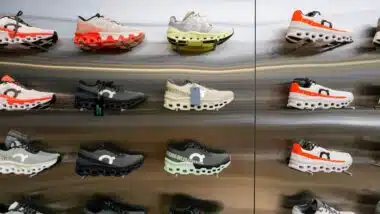

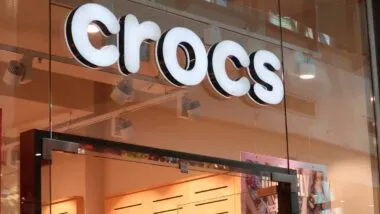
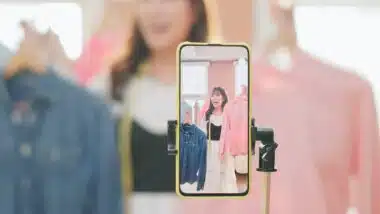
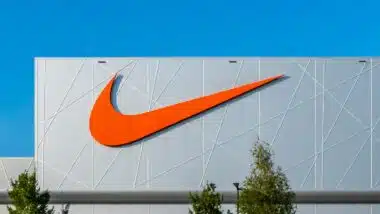

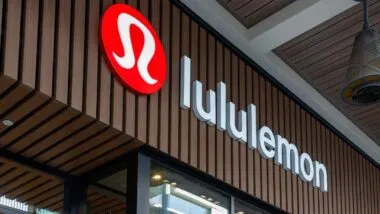
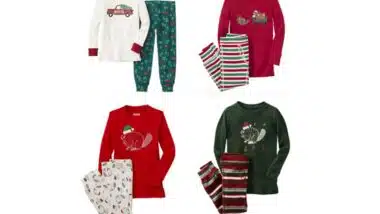
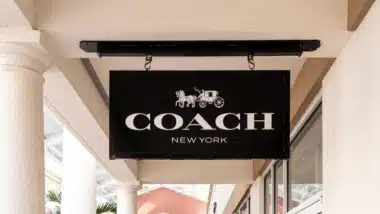
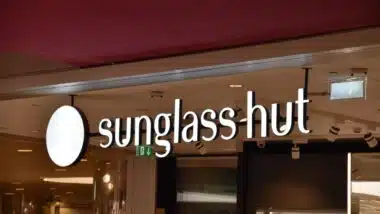
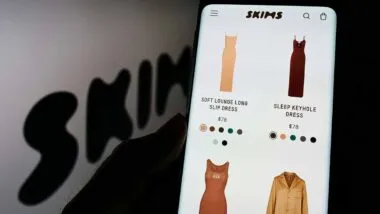
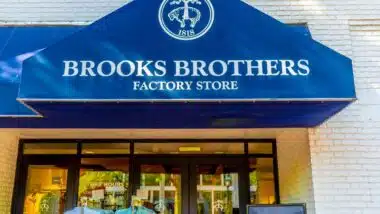
9 thoughts onNFL Class Action Claims League Monopolized Marketplace For Licensed Merchandise
Add me, please.
Please add have purchased multiple nfl apparel items with receipts for proof of purchase from either nfl.com or licensed team pages
please add me i prurchase these items all the time
Add me
Please add me. Definitely purchased from NFL.com
I have purchased NFL merchandise, please add me
I have purchased NFL merchandise please add me
Add me
Yes I have purchased merchandise from Fanatics